2024 Masterclasses
Dr. Lyle Rupert
Distinguished Professor of Economics and Business
BUSI 110 - Personal Finance
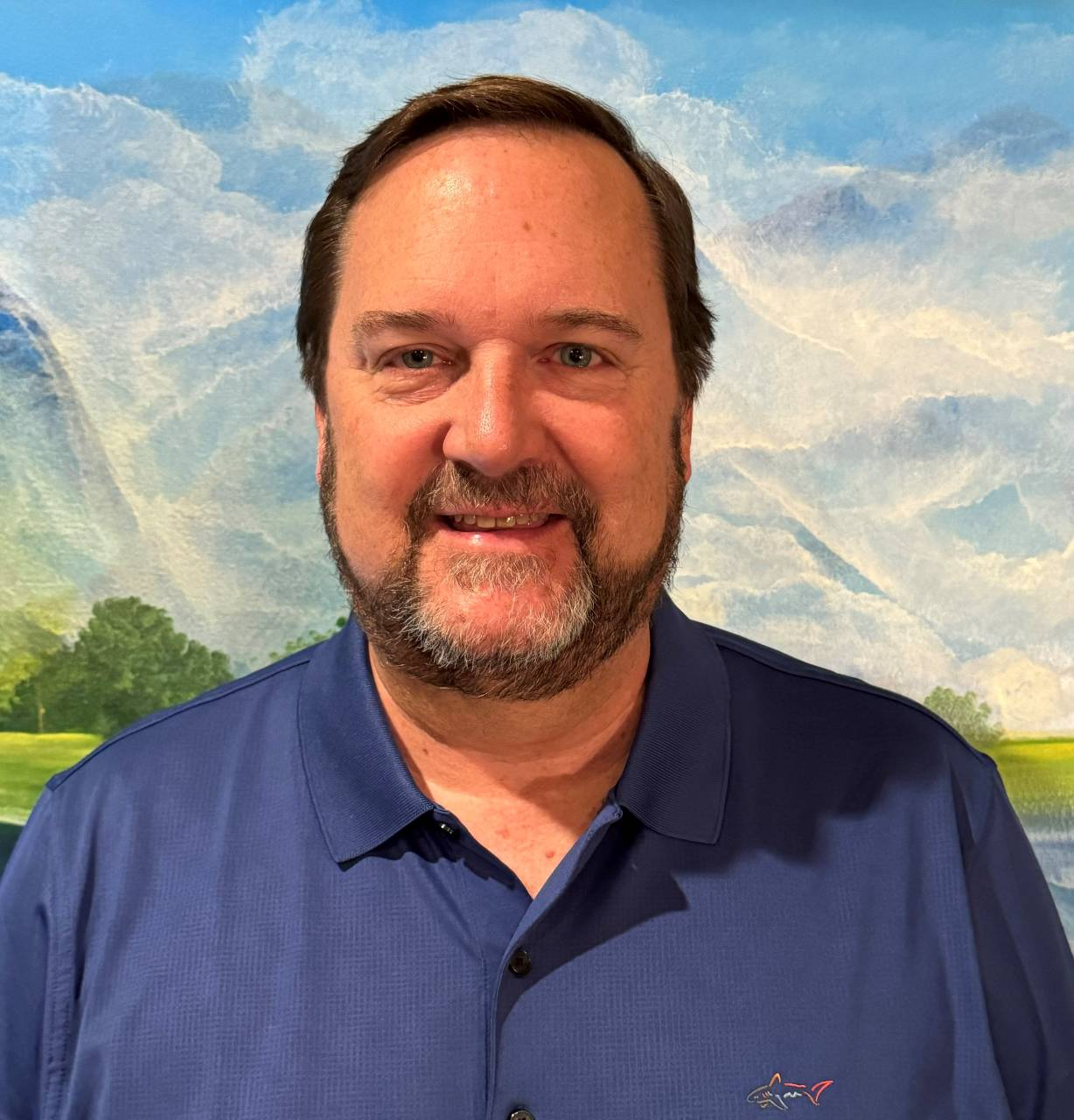 This course covers critical
thinking and quantitative skills in making decisions regarding personal
financial issues. Specifically, the issues include money management, budgeting,
payroll, taxes, student/auto/house loans and how interest rates work, consumer
credit, insurance, retirement and estate planning, and general financial
security. The course includes extensive spreadsheet modeling and data
analysis. The class sessions for Life Launch will focus on interest rates
and debt, especially debt related to student loans.
This course covers critical
thinking and quantitative skills in making decisions regarding personal
financial issues. Specifically, the issues include money management, budgeting,
payroll, taxes, student/auto/house loans and how interest rates work, consumer
credit, insurance, retirement and estate planning, and general financial
security. The course includes extensive spreadsheet modeling and data
analysis. The class sessions for Life Launch will focus on interest rates
and debt, especially debt related to student loans.
Dr. Andrew M Schurko
Associate Professor of Biology and Health Sciences
BIOL 340 - Microbiology: Human Health and Food
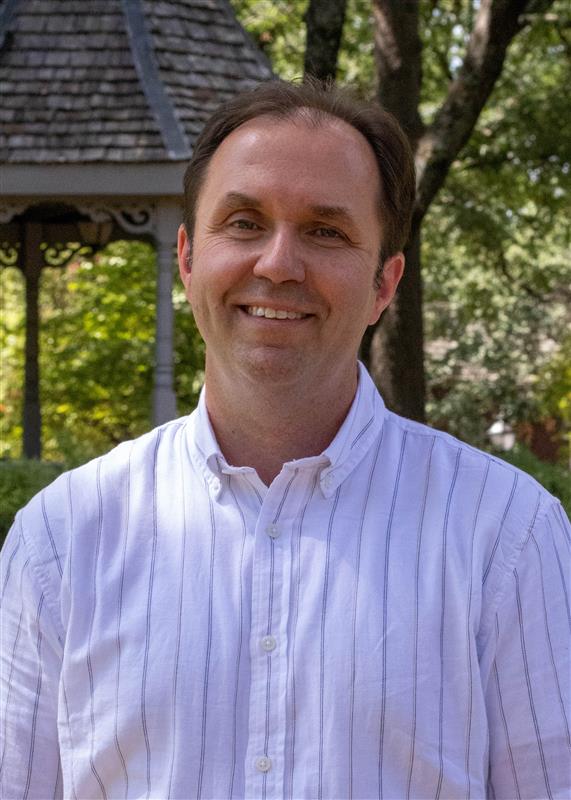
Bacteria are everywhere! While we often associate bacteria with causing disease, these tiny organisms are important for keeping our bodies healthy and for making many types of food. In this hands-on laboratory course, students will learn to sample and grow bacteria from the environment and use biochemical/genetic methods to identify different microbes. We will also use bacteria to make food that students can sample and enjoy at the end of the session. Students with interests in health sciences, medicine, biology and pharmacy often take this course, but the topics are appropriate for anyone who is curious about the fascinating world of microorganisms.
Dr. Izat El Amoor
Assistant Professor of Sociology
SOCI 120 - Media and Technology: Sociological Perspectives
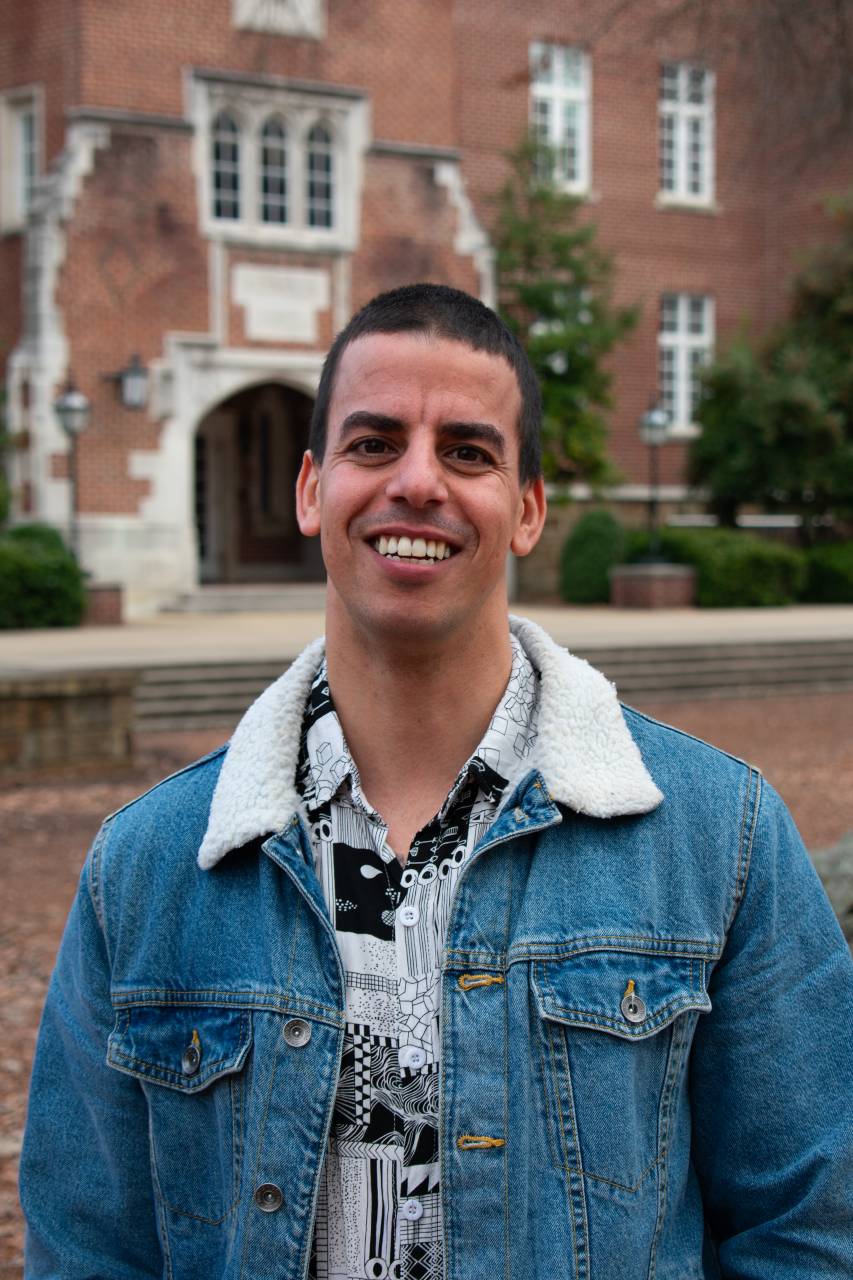 Students will learn about media and technology from a variety of sociological
perspectives: specifically, how sociologists perceive the evolution of
technology and media; definitions sociologists adopt for technology and media
using both historic and contemporary lens; the theories they employ to think
about technology and media; the role media and technology have in shaping
social life; technological inequality around the world; and the global
implications of media and technology. This course will be interactive,
engaging, and thought provoking.
Students will learn about media and technology from a variety of sociological
perspectives: specifically, how sociologists perceive the evolution of
technology and media; definitions sociologists adopt for technology and media
using both historic and contemporary lens; the theories they employ to think
about technology and media; the role media and technology have in shaping
social life; technological inequality around the world; and the global
implications of media and technology. This course will be interactive,
engaging, and thought provoking.
Dr. Jennifer Peszka
Distinguished Professor of Psychology
PSYC 185 - Sleep Well to Learn Well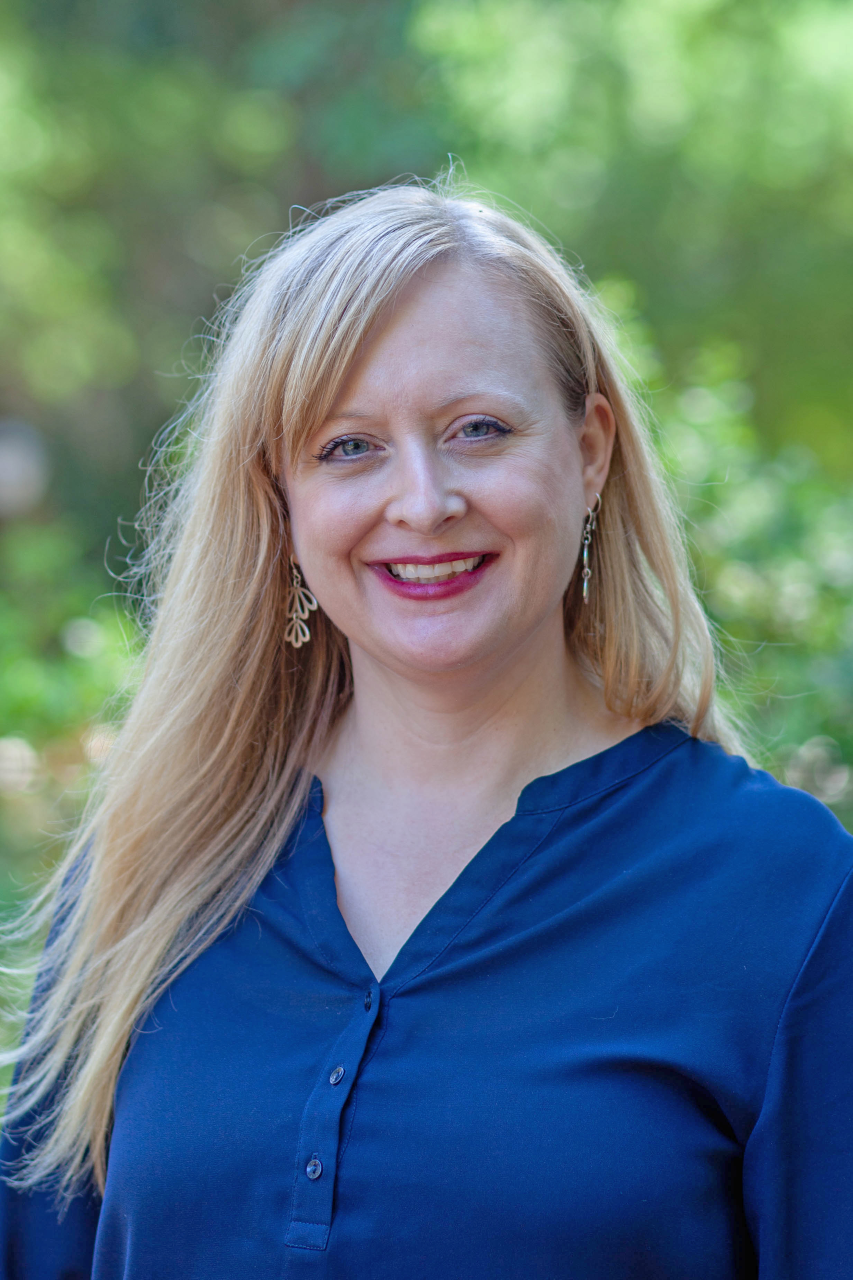
This research-based course examines the relationship
between sleep and emotional, social, cognitive, and physical well-being with a
particular focus on the role sleep plays in learning: acquisition,
consolidation, and recall. Student sleep practices, techniques used by
sleep professionals to improve sleep, and an option to measure student sleep
quality and quantity at night between classes will be covered. We’ll answer
additional research questions looking at studies like: Can you learn in your sleep
and why can’t I remember things that happened during sleep and just before
sleep?
Dr. Wenjia Liu
Associate Professor of Chinese
ENGF 100 - From Superman to Ironman: Interpreting American Superheroes
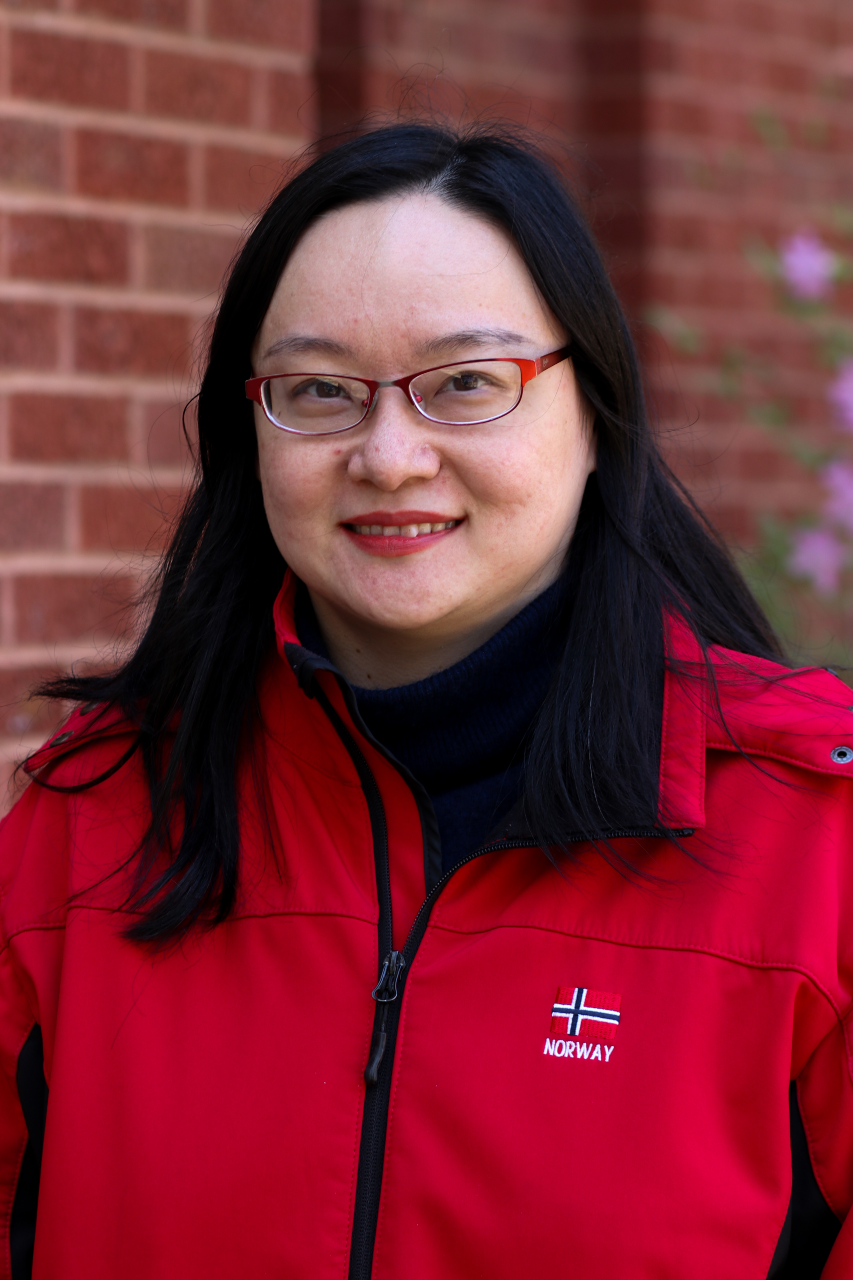 In the past 15 years, superhero movies, especially the
ones of MCU, have been one of the most prominent phenomena in American popular
cultures. In fact, superheroes appeared in popular cultures as early as in the
early 20th century and have always been an important part of
American popular cultures. Some most popular superheroes like Superman, Captain
America, Wonder Woman, Ironman, etc. not only defined the landscape of
superheroes, but reflected competing ideologies, discourses, and social issues
during their time. This course will use the methodology of Cultural Studies to interpret
various popular superheroes in their historical conjunctures, exploring topics like
nationalism, gender studies, technology, and ethics.
In the past 15 years, superhero movies, especially the
ones of MCU, have been one of the most prominent phenomena in American popular
cultures. In fact, superheroes appeared in popular cultures as early as in the
early 20th century and have always been an important part of
American popular cultures. Some most popular superheroes like Superman, Captain
America, Wonder Woman, Ironman, etc. not only defined the landscape of
superheroes, but reflected competing ideologies, discourses, and social issues
during their time. This course will use the methodology of Cultural Studies to interpret
various popular superheroes in their historical conjunctures, exploring topics like
nationalism, gender studies, technology, and ethics.
Dr. Jonathan Hancock
Associate Professor of History
HIST 230:
Three Sisters and Three Deerskins: History of Native America
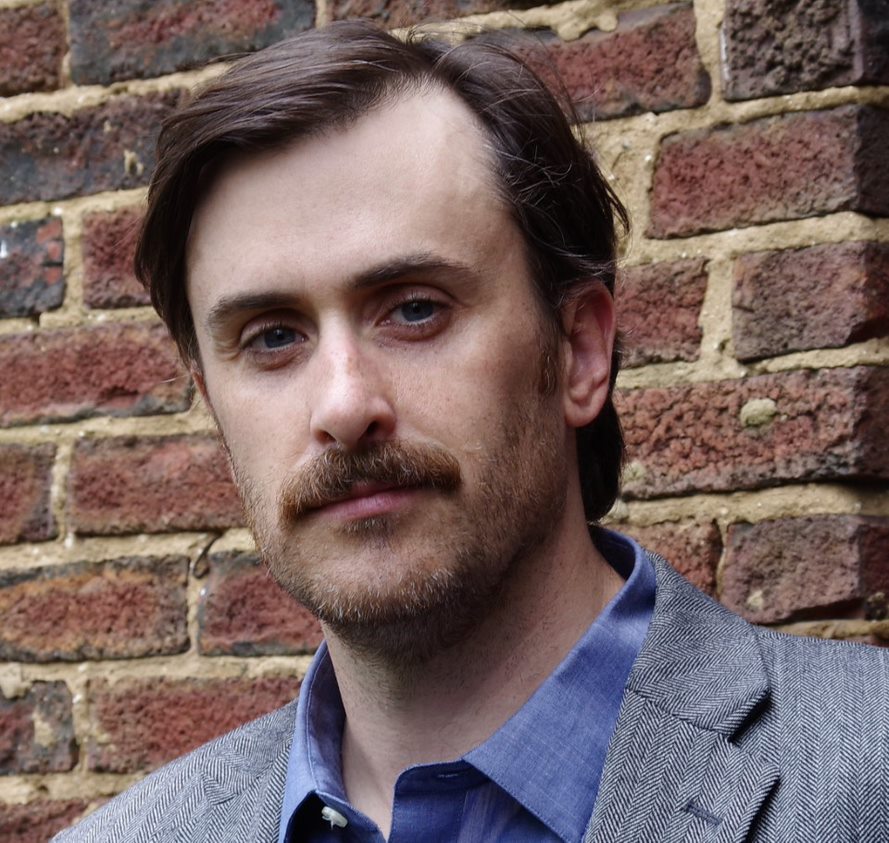
Using examples and concepts that anchor the HIST 230: Native North America class: tribal sovereignty, kinship, gender relations, and adaptation and survival, this MasterClass will explore the history of Native America. Within the U.S.,
there are over 500 Native American nations - each with its own language, culture, and history. The Three Sisters were crops cultivated by women for centuries (corn, beans, and squash). They represent both an important dimension of
gender relations in Native American societies and a farming method that was beneficial for soils and human diets. The three deerskin maps exhibit Native American ideas about diplomacy in the seventeenth and eighteenth centuries, a
time when Indigenous nations were more powerful than they've been commonly characterized.
Dr. Kiril Kolev
Professor of Political Science
POLI 200 -
The Politics of Happiness
.jpg)
The Politics of Happiness, is a course appropriate for students interested in the social scientific method and how it can be utilized to answer a question we rarely ask of politicians: "What can you do to make citizens happy?" To address
this, students will learn about the happiest countries in the world and put the United States in comparative perspective. They will then examine the political, economic, and societal factors that seem to be related to fulfilled, cohesive,
and happy societies. Finally, they will discuss actions they can take to make their own communities happier.
Dr. Andrew Morgan
Associate Professor of Music
MUSI 101 -
Culture and Music: Throat Singing
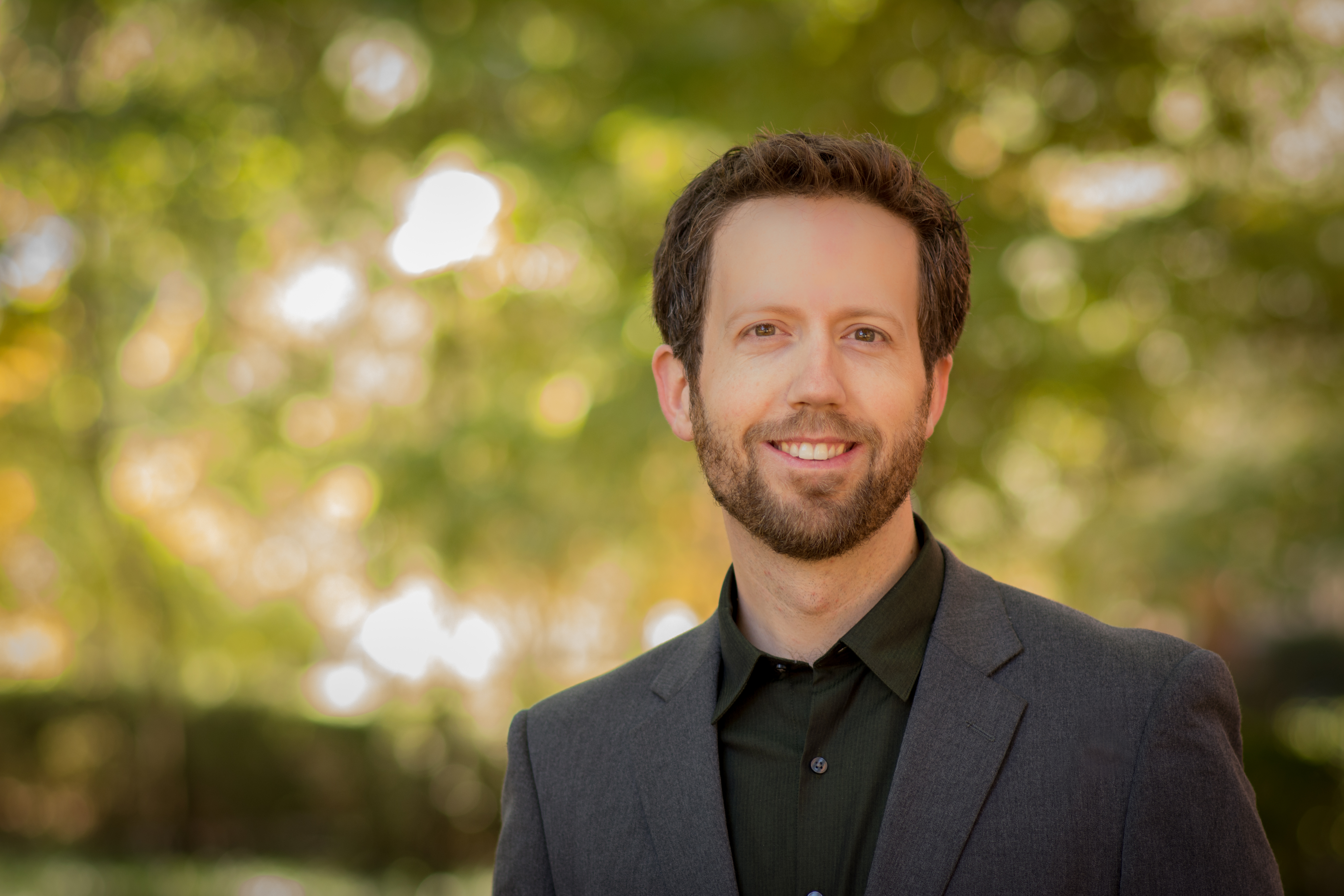
Over the years, viral videos have circulated in which singers are purported to sing two notes at the same time using a technique known as throat singing. What's really going on here? How are singers able to accomplish this, and what does
throat singing tell us about the nature of vocal music across global cultures? In this session we examine throat singing from various perspectives, including scientific analysis and ethnomusicology. Plus, you'll learn to do this yourself
a bit!
Prof. Maxine Payne
Margaret Berry Hutton Odyssey Professor of Art
ARTS 491 -
Alternative Photographic Processes
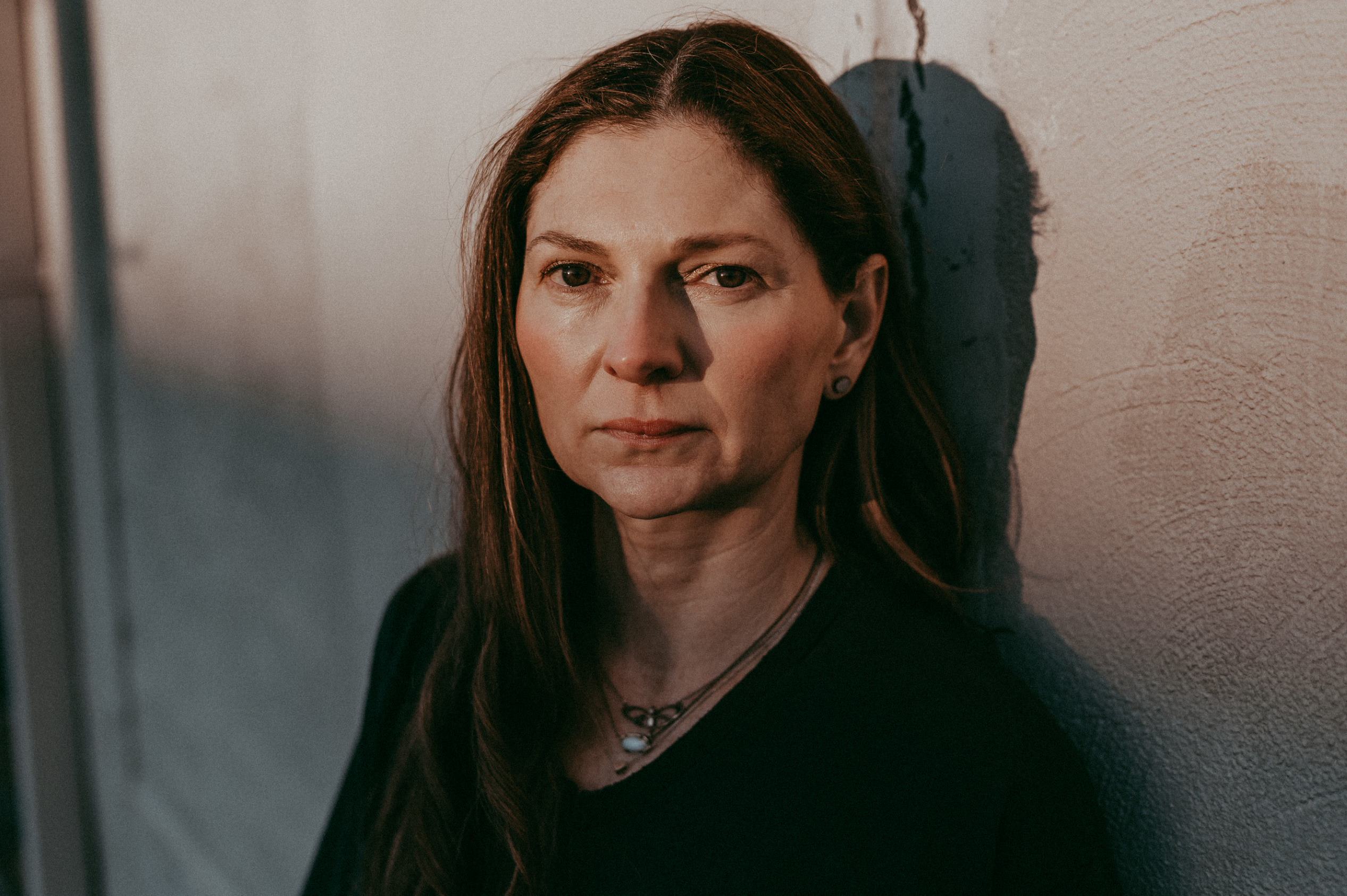
In this hands-on studio art class, we learn about the earliest scientific discoveries that led to what we know now as photography or, drawing with light. The history of photography is rich with tinkerers, dreamers, and self-aggrandizers
and its "discovery" came at the end of a time, in the Western World, called the Romantic period in which many were obsessed with spiritualism, or communicating with the dead. Students in this class will learn about that early history,
the players, technology, and chemistry, and how those all came together to get us where we are today, making billions of images every day on our hand-held devices. Then we will make our own 19th century salt prints, using the same
process and materials as those early scientists did in 1839. This experience provides students a taste of what studio art classes at Hendrix have to offer; history, science, craft, and ultimately self-expression combined with personal
vision.
Dr. Andrew M Schurko
Associate Professor of Biology and Health Sciences
BIOL 340 -
Microbiology: Human Health and Food

Bacteria are everywhere! While we often associate bacteria with causing disease, these tiny organisms are important for keeping our bodies healthy and for making many types of food. In this hands-on laboratory course, students will learn
to sample and grow bacteria from the environment and use biochemical/genetic methods to identify different microbes. We will also use bacteria to make food that students can sample and enjoy at the end of the session. Students with
interests in health sciences, medicine, biology and pharmacy often take this course, but the topics are appropriate for anyone who is curious about the fascinating world of microorganisms.
Dr. Damon Spayde
Professor of Physics
PHYS 235/245 -
Workshop Physics
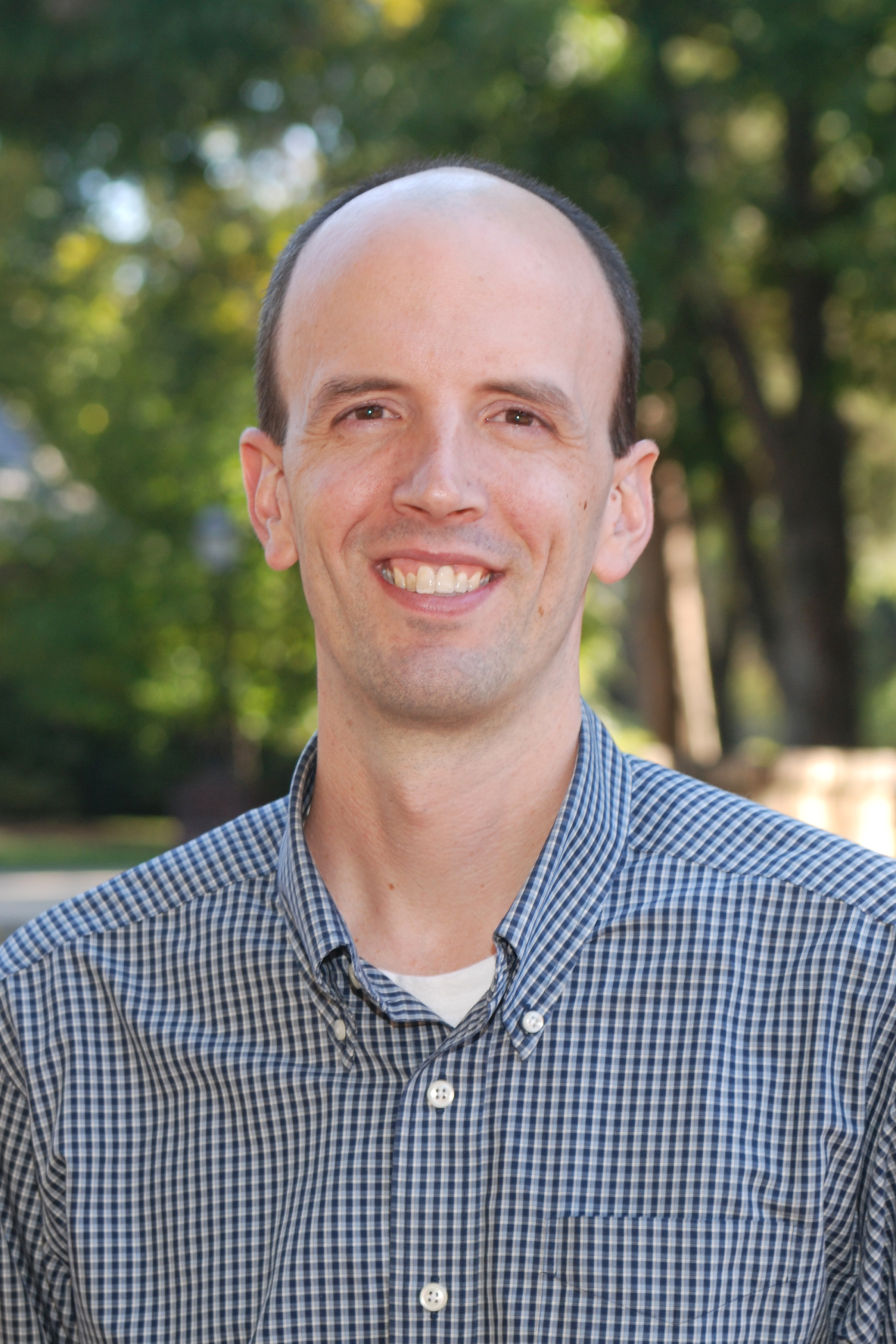
This course is required for students majoring in physics, chemistry, or biochemistry and molecular biology and for students interested in pursuing an engineering degree. It is also often taken by students interested in health sciences
and medical school or those wanting to develop a general understanding of physics.
An introduction to the scientific process as it pertains to the physical world with an emphasis on topics such as mechanics (Newtonian, quantum, and statistical), waves, heat, electricity, and magnetism. This course is taught in a hands-on,
discovery-based style with lab, computer, and course work integrated into each class meeting.
Dr. Leslie Templeton '91
Professor of Psychology
PSYC 210 -
Developmental Psychology
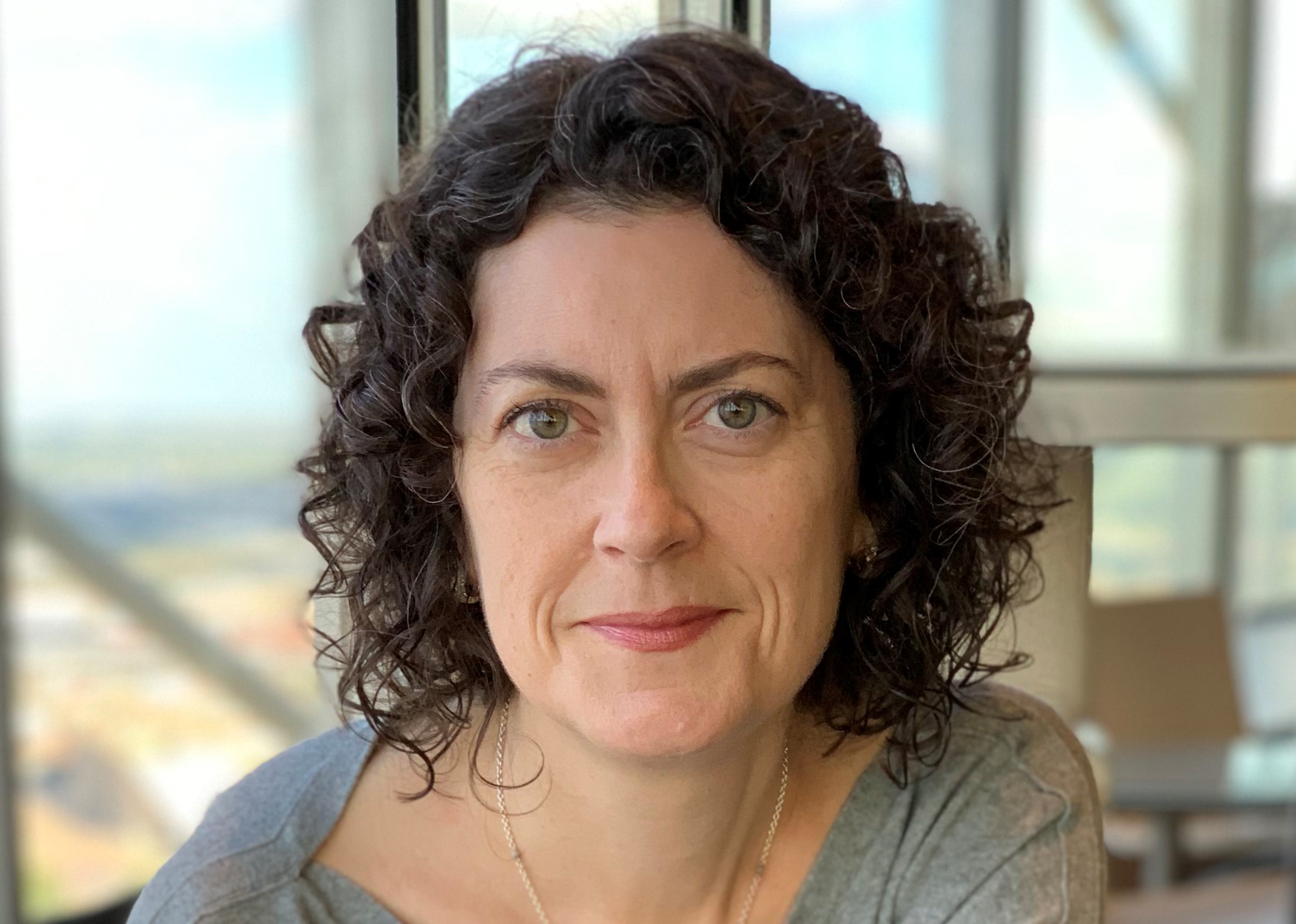
"Does childhood temperament predict adult health, wealth, and criminal activity?" Temperament is a concept in developmental psychology that encompasses differences in our physiological and emotional reactions (reactivity) and our ability
to control our behaviors, thoughts, and emotions (self-regulation). I'll be discussing research that examines how our ability to self-regulate in early childhood is connected to adulthood outcomes such as physical and mental health,
financial well-being, and criminal activity.
Students interested in Psychology, Health Sciences, medical school, and education often take this course.